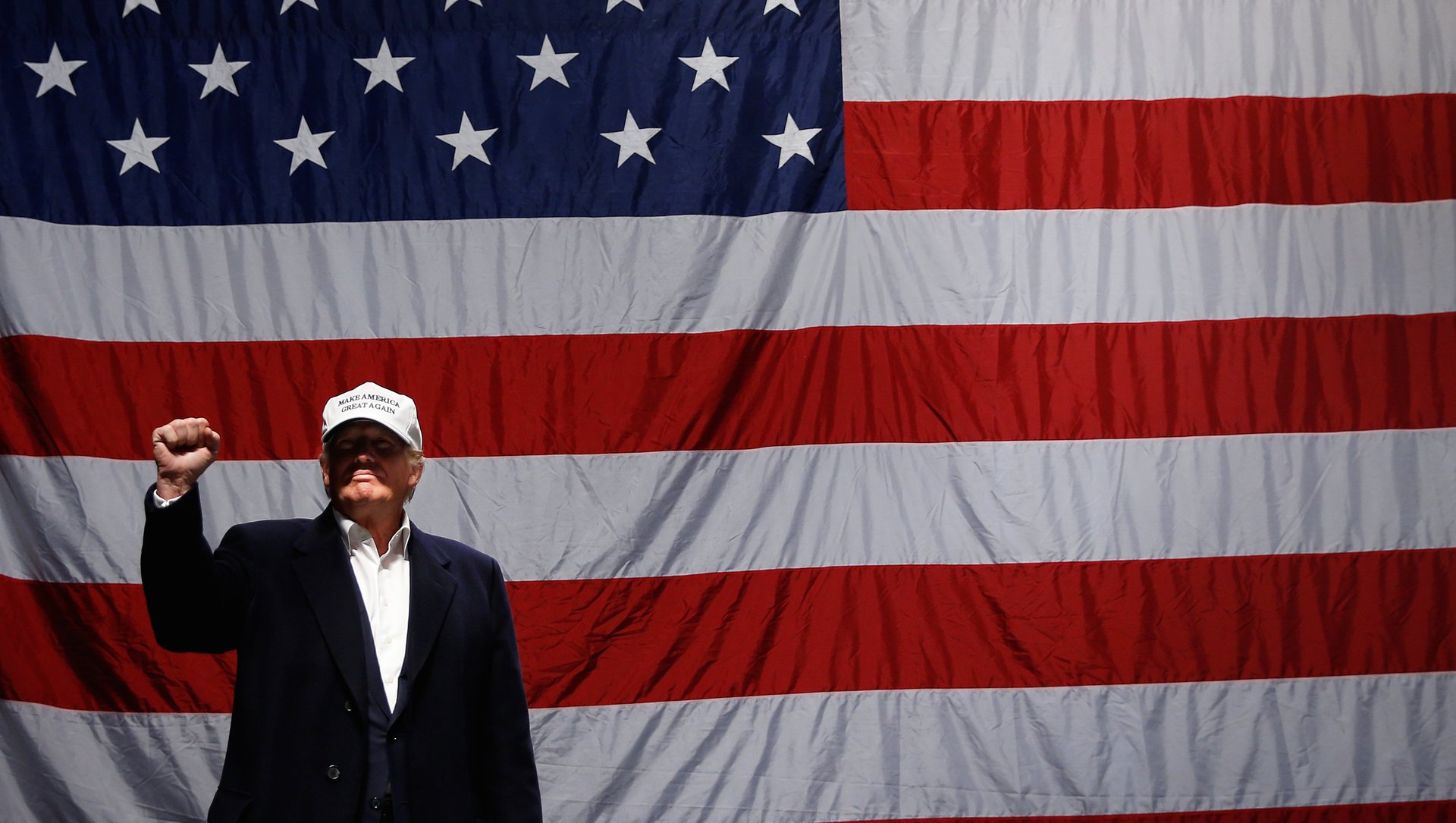My conservative relatives embraced my being gay. Here’s what I hope they remember before voting for Trump
Family is supposed to be the constant in our lives. We are told to love our family no matter what, that blood is thicker than water, that it doesn’t matter what you do or where you go—you’ll always have a group of people out there who’ve got your back.


Family is supposed to be the constant in our lives. We are told to love our family no matter what, that blood is thicker than water, that it doesn’t matter what you do or where you go—you’ll always have a group of people out there who’ve got your back.
But life isn’t a Norman Rockwell painting, and in the real world things don’t always work out. Families disagree and splinter and get back together and fall back apart. The 2016 US election in particular has put the bonds between relatives to the test. And that’s why, unlike in past presidential races, the fact that I have family members who support the Republican nominee feels like a betrayal.
The choice between Hillary Clinton and Donald Trump is not simply a matter of policy differences. Indeed, Trump’s utter disregard for the civil rights of racial and religious minorities, women, and the LGBT community has made this election feel incredibly personal for me and many other Americans. While polls show that older Americans are generally more likely to identify as conservative, Trump’s aggressive stance towards marginalized communities has led to potentially unprecedented tensions between family members. As someone who identifies as a journalist, a woman, and a lesbian—all groups Trump has either directly or indirectly targeted during his campaign—a Trump presidency terrifies me.
I want my relatives to know that I will always love them. That is what family is supposed to be about, after all: unconditional, uncomplicated, nonpartisan love. But a vote for Trump on Nov. 8 is a vote against me: your niece, your cousin, your friend. It is a vote that may eventually take away my right to marry or to make decisions about my own body. And while I support the democratic process, I want to make sure you understand that your vote this year will have very real consequences for me and many, many others.
In many ways, when it comes to my family, I feel very much like one of the lucky ones. Many LGBT Americans know all too well what it means to have your family fail you, to feel like they can’t or won’t love you for who you are and who you love. That’s why coming out as gay, or lesbian, or bisexual, or trans, remains difficult despite national victories like marriage equality; why LGBT teens still suffer disproportionate rates of bullying and depression; why advocates across the country are fighting to help the thousands of LGBT youth who are homeless.
For years, I struggled to reveal my sexual orientation. I was so worried my loved ones would be disappointed in me; that they would, in fact, decide they loved me less. And yet, when I did finally come out, the opposite was true. My family told me they were happy for me; proud of me, even. That feeling of relief, of joy—it’s something I still struggle to find the words to express, several years later.
It’s that acceptance, that no-strings-attached love, that I want to remind my family of this week. To reiterate: This isn’t an issue of politics, this is an issue of Trump. There are many ways to govern, and political dialogue benefits everyone. By all means, let’s discuss the best way to lower unemployment, to increase educational opportunities, to improve health care coverage, to ensure that Americans are safe at home and abroad.
But it’s clear that Trump isn’t interested in talking through solutions, any more than he is interested in listening to people who might disagree with him. Drunk on power, arrogance and a lifelong sense of entitlement, he has turned the election into a referendum on America, an “us versus them” shouting match.
Over the course of the election cycle, Trump has managed to create massive, ugly divisions across the country. But while we can argue over whose fault that is until we’re blue in the face, nothing can change the reality of tomorrow. When Americans vote for Trump on Election Day, they won’t just be voting for him. They’ll be voting against their friends, neighbors, colleagues and family members. And as a last reminder to my family members, this year, one of the people they’ll be voting against is me.